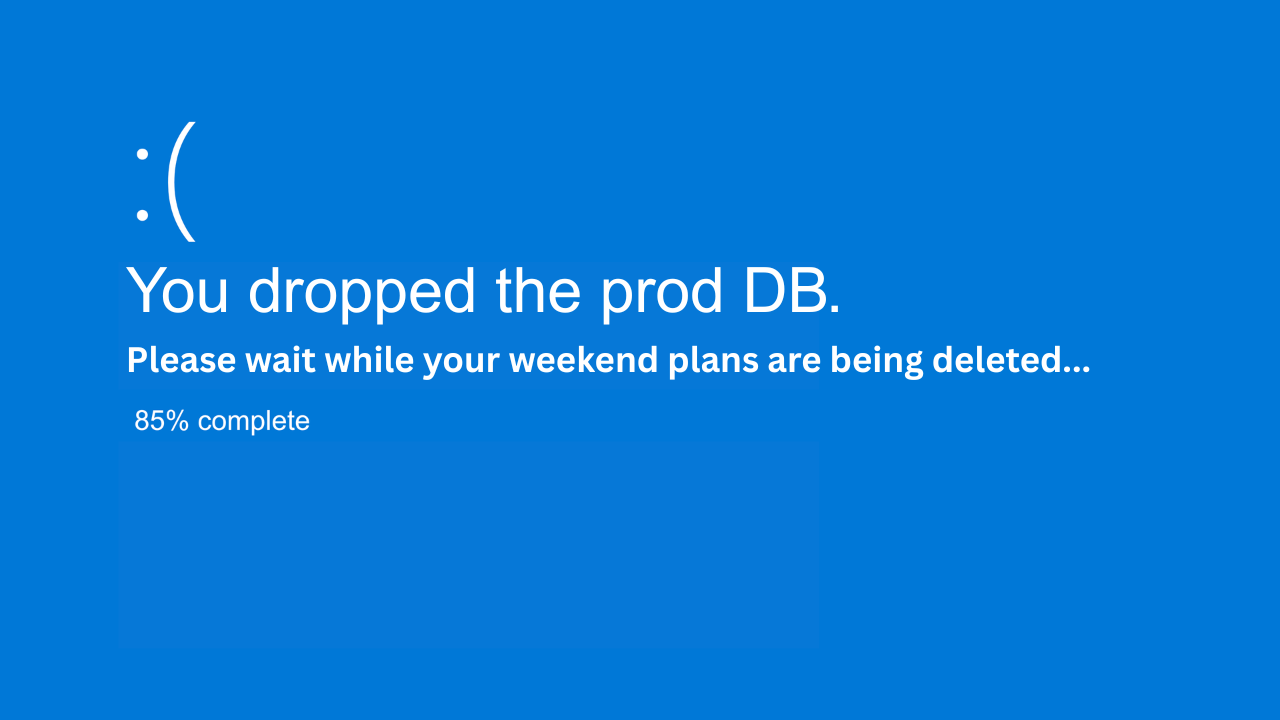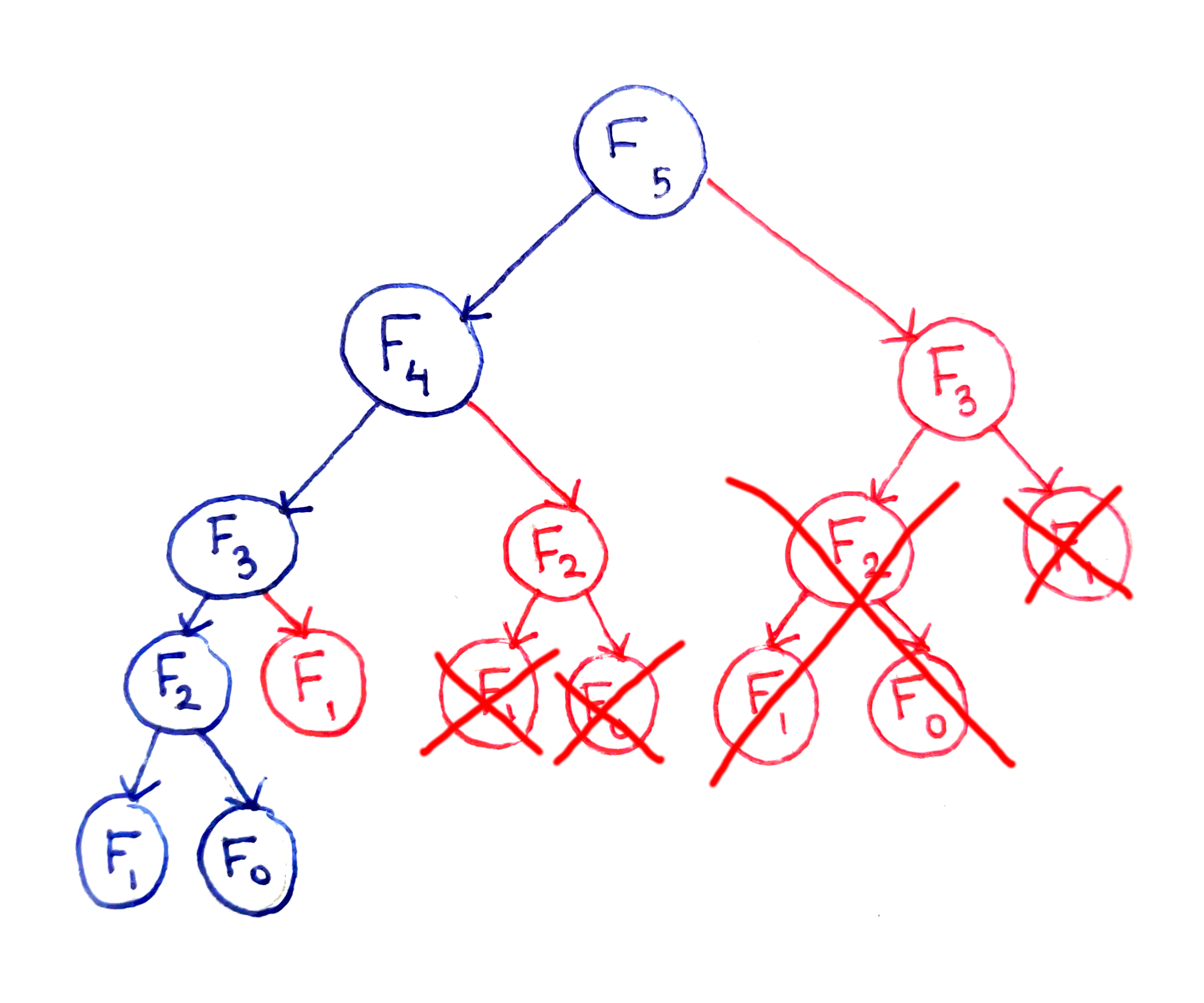Parisian Panic: A Cascade Delete Disaster in Production

A software engineer working at Joe AI, a Paris-based real estate startup, accidentally deleted a user record in the production database, triggering a cascade delete that wiped out three months of crucial data. While some data was recovered by upgrading to a paid Supabase plan, the incident highlighted the risks of directly manipulating production databases and the critical need for robust backup strategies. The disaster ultimately spurred the team to improve their development workflow, setting up local Supabase instances, leading to increased efficiency. The experience underscores the importance of learning from mistakes and embracing a culture of risk-taking and iterative improvement.






